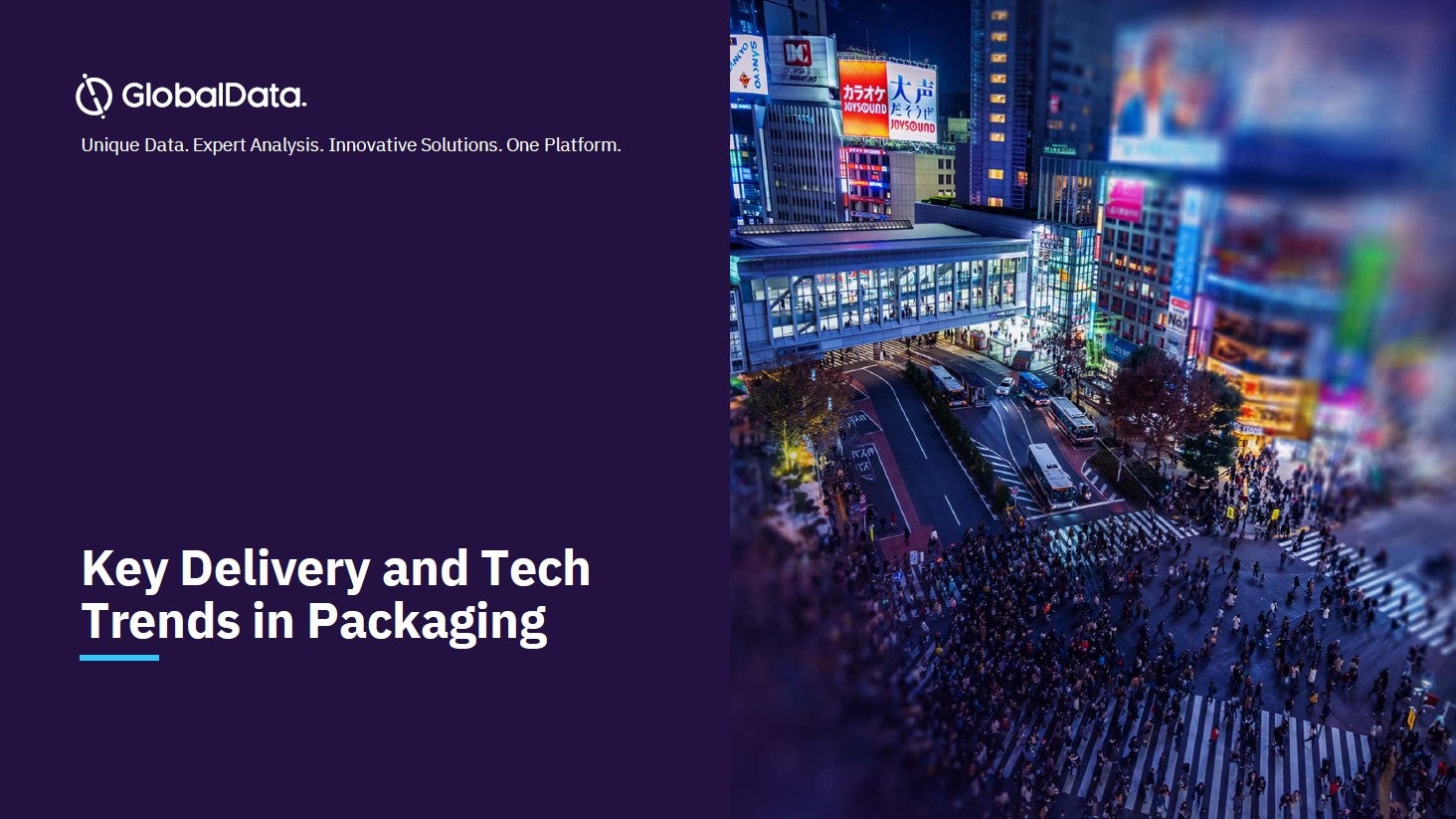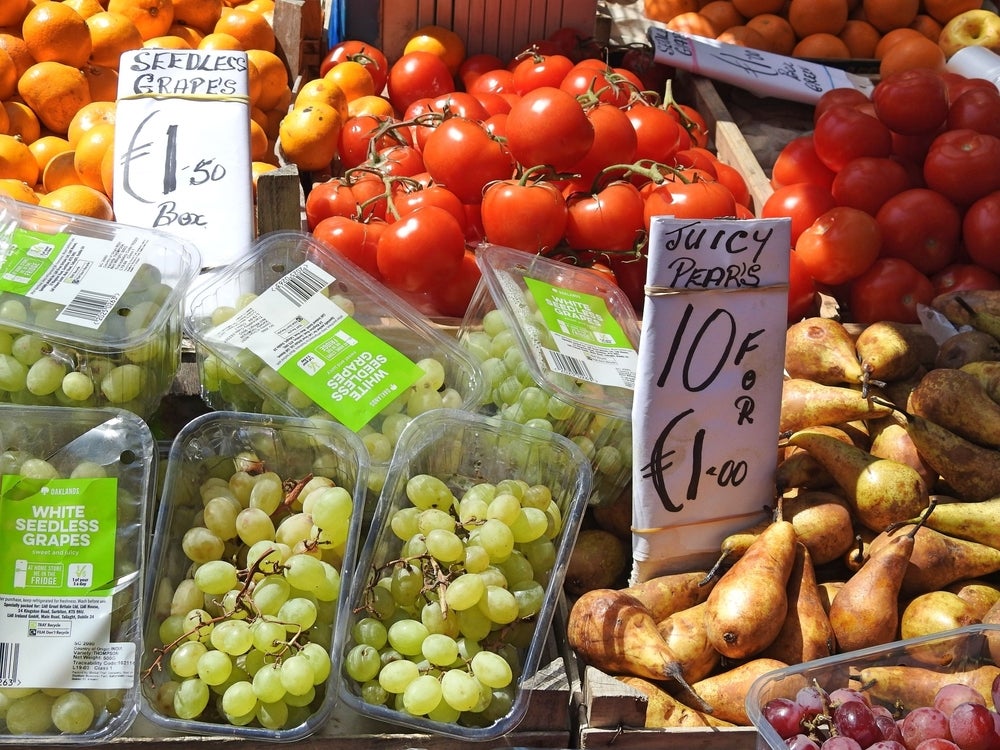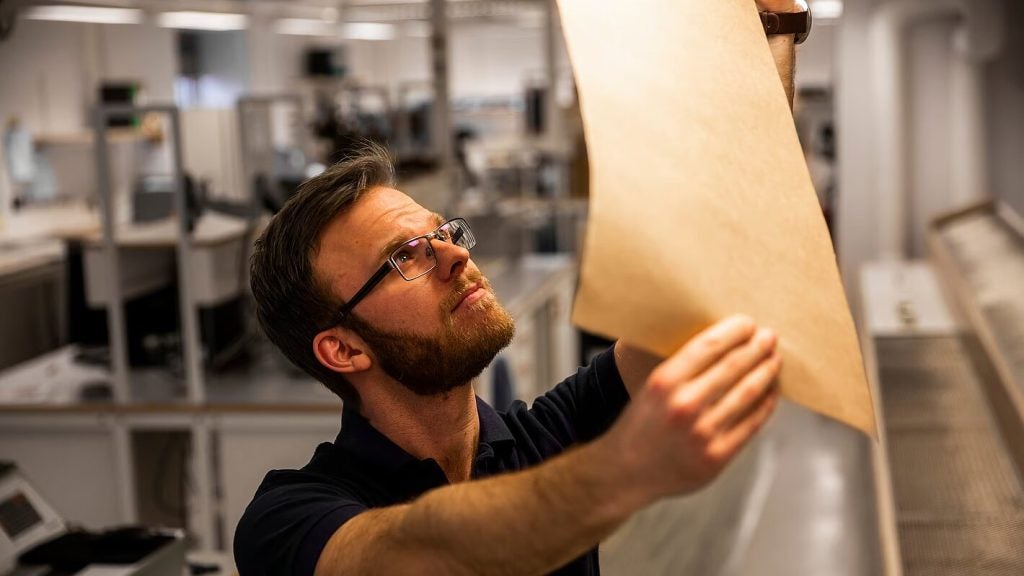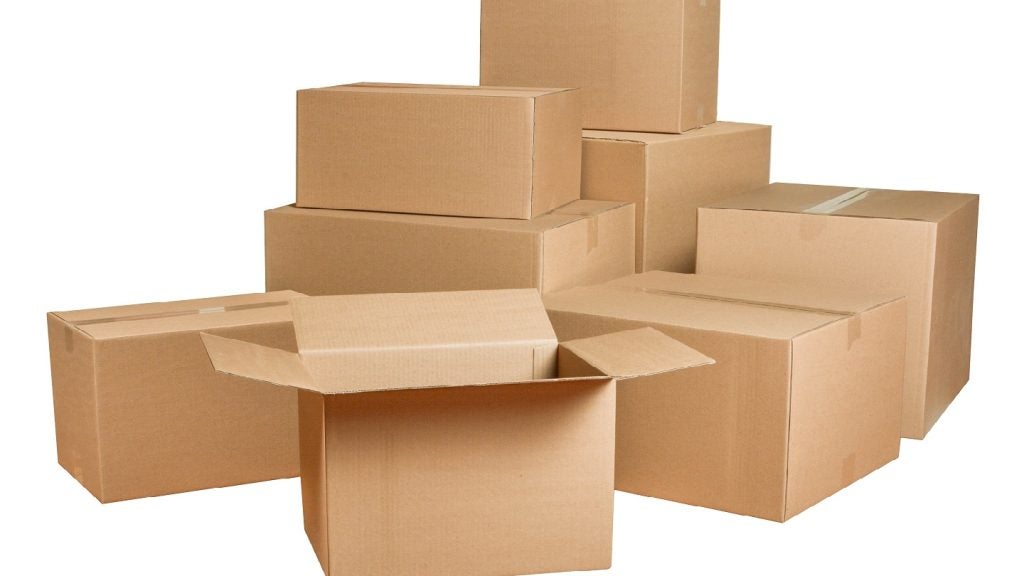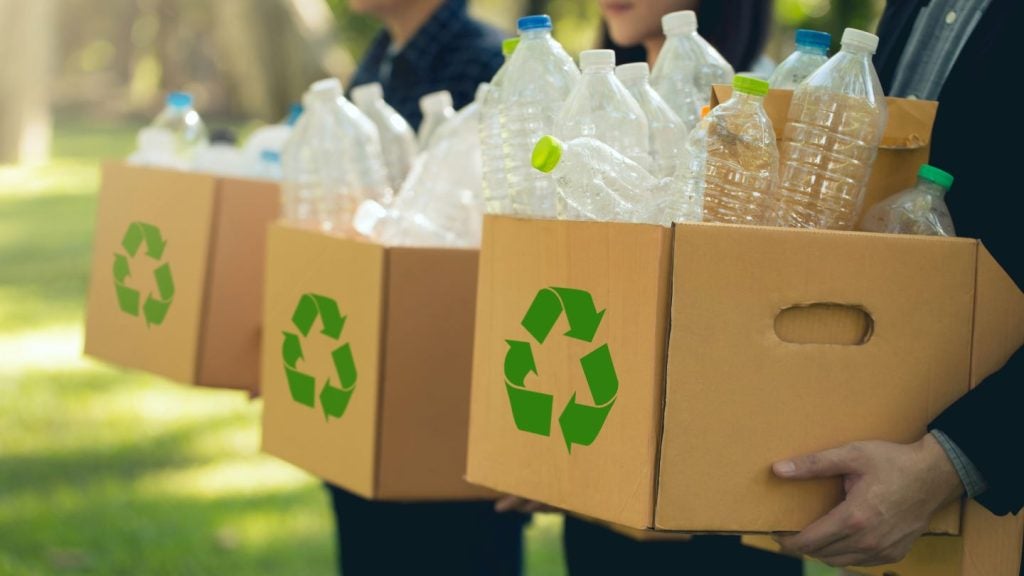
The COVID-19 pandemic is set to have a lasting impact on the packaging industry as e-commerce continues to boom and consumer concerns over health, hygiene and sustainability becoming the norm.
The ‘COVID-19 cross-sector impact’, report by Packaging Gateway’s parent company, GlobalData, highlights the scale at which global lockdowns prompted a rise in online sales, with many households adopting new shopping habits.
How well do you really know your competitors?
Access the most comprehensive Company Profiles on the market, powered by GlobalData. Save hours of research. Gain competitive edge.

Thank you!
Your download email will arrive shortly
Not ready to buy yet? Download a free sample
We are confident about the unique quality of our Company Profiles. However, we want you to make the most beneficial decision for your business, so we offer a free sample that you can download by submitting the below form
By GlobalDataCOVID-19’s effect on e-commerce for the packaging industry
GlobalData’s report suggests online shopping is here to stay. Given that a large number of consumers will continue to work from home post-pandemic, e-commerce has become a convenience that many would prefer not to forgo. In fact, the report, which aims to shed light on the implications of COVID-19 across a number of sectors, including packaging, suggests that a quarter (25%) of consumers will work from home indefinitely.
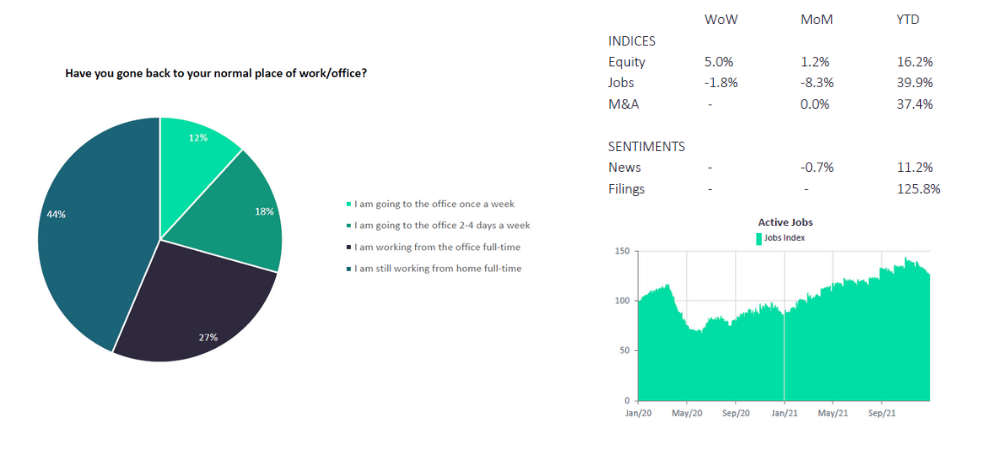
“The pandemic has led to consumers adopting a cocooning behaviour at home, compounded by remote working and e-learning,” says GlobalData’s associate analyst, George Henry. “The convenience to buy goods without having to leave home is, therefore, a major influence on the development of the e-commerce landscape.”
Within the sales channel, there are splinter segments that have benefitted yet further from COVID-19. Henry explains: “Quick-commerce or ‘Q-commerce’ has boomed in popularity as an on-demand channel for goods typically delivered in under one hour. Some platforms like Getir and Gorillas even promise to deliver within ten minutes of orders.
“Convenience has become a valued commodity for time-poor consumers, with many willing to pay higher prices for on-demand service as the next level of the customer experience.”
The packaging industry has successfully ‘piggybacked’ on growing consumer demand for shopping online. Since the pandemic started in March 2020, active packaging jobs listings remained above average, while news sentiment remained largely positive. Notable growth was also recorded in packaging companies’ quarterly filings.
Consumer’s heightened environmental awareness
In the height of the pandemic when many households spent all day at home, bins were overflowing with the packaging used to ship online-purchased goods. The general public quickly realised that their new shopping habits result in more domestic waste.
“Consumers are increasingly holding companies to account for their ethical and environmental practices, and basing their purchasing decisions on companies’ actions,” notes Henry. “Sustainable packaging is important because it directly impacts customer behaviour after consumption.
“The onus has shifted to brands and retailers to ensure they source only from packaging providers that are genuinely committed to sustainability. Examples include reusability schemes like LOOP or providers that have switched their packaging to eco-friendly alternatives such as corrugated cardboard.
“The risk of companies failing to have a green focus is brand damage and consumer perception of social irresponsibility.”
According to GlobalData, 56% of consumers worldwide are loyal to brands that support green/environmental matters. This means brands that innovate and introduce measures to reduce plastic usage and/or implement recycle and reuse policies are set to benefit.
The cleaning
One business that was able to successfully innovate during the pandemic was a UK cleaning company called Smol. The company was able to capitalise on the heightened need for sanitisation as well as many people’s desire to protect the environment by offering a plastic-free and eco-friendly cleaning solution.
In fact, the company’s rapid growth coincided with the third quarter of 201, which is when a fifth of global consumers started buying non-grocery products online for the first time, according to GlobalData’s ‘Top trends to watch in packaging’ report which was released late last year.
Founded by former Unilever employees Paula Quazi and Nick Green pre-pandemic (2018), Smol features a line of household cleaning products ranging from laundry, dishwasher and surface sprays that are made in super-concentrated formulations with fewer chemicals and sit in plastic-free packaging. “We’ll only ever send you what you need when you need it,” is the UK-based company’s mantra. As consumer hygiene concerns heightened during the pandemic, the market opened up for Smol, but it was the start-up’s environmental credentials that really pushed the brand into the limelight.
“The pandemic has only accelerated consumers’ growing appetite for buying eco-products online,” says company co-founder Nick Green. “Certainly, our products are considered must-haves for most households and having launched as an e-commerce brand in letterbox packaging, our convenience became a huge plus for many new customers.
“By creating plastic-free packaging that fits through the letterbox, it removes the heavy shopping bags and means our customers never run out, being able to order refills on their terms, delivered when suits them best.”
On Smol’s anti-plastic positioning, Green is proud of the company’s achievements to date: “By having both plastic-free packaging and removing the need for single-use plastics in our products, customers have helped us save more than 698 tonnes of plastic from going to landfill,” he says.
“By removing the unnecessary transportation of water with our refillable spray bottles, and offering a return and reuse scheme, we’re reducing the amount of carbon, chemicals and plastic polluting materials in the world.”
Cost and convenience
.GlobalData points out finance has also become a concern for consumers due to the pandemic causing many to lose their jobs and struggle to find new ones.
“In the UK, approximately 1 in 20 people were out of work as of May 2021, according to the Office for National Statistics. As a result, consumers are drawn towards affordable products, and this concern has been appropriately addressed by the brand’s focus on affordable price points.”
As well as being affordable, Smol has successfully used its packaging to tap into the convenience factor by ensuring all of its products can be delivered through a letterbox. This means recipients do not need to be at home, which is increasingly important now lockdowns have come to an end and households are going about their daily lives once again.
According to GlobalData’s research, 64% of UK consumers feel that convenience is a major advantage of purchasing items online compared to visiting a store.
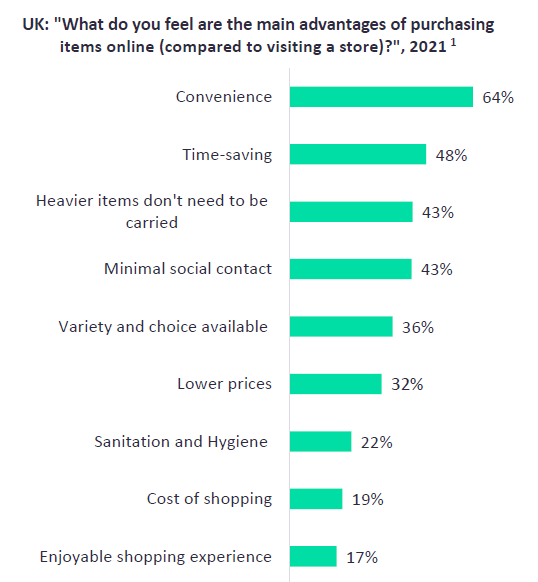
Almost half (48%) of UK consumers find saving time to be a major benefit of online shopping. Smol offers multiple benefits to consumers, including sustainability, affordability,
and convenience. Most importantly, Smol boasts that it delivers these key attributes alongside high performance, and it has already generated a number of positive online reviews with a near five-star rating on sites such as Feefo and Trust Pilot.
GlobalData’s 2021 Q3 global consumer survey highlights the importance of reviews. It states a fifth of UK consumers (21%) actively check for brand reviews before making a purchase, indicating that a considerable amount of individuals are motivated to buy a product when reviews are positive.
The impact of COVID-19 resulted in many businesses either struggling to stay afloat or having to learn how to cope with growing online orders. . Meanwhile, consumers’ concerns for the environment led to an increase in the demand for plastic-free packaging and businesses needing to take their eco-credentials into consideration when making future decisions related to packaging.
“With the added pressure on supply chains, we’re looking for sustainable materials that give us maximum efficiency and flexibility, that’s better for the planet,” Smol’s co-founder Green said. “To utilise our packaging and reduce waste, we’ve created inserts to make our larger boxes multi-purpose, so they can be used for a range of products like our refill sprays, fabric conditioner or when customers order a few of our items all at once,” he added.
Lessons for packaging industry beyond COVID-19
Consumer behaviour has changed due to the pandemic. Concerns over finances and hygiene mean some industries have thrived such as the domestic cleaning product market, and Smol’s brand with its high-performance items and environmentally-friendly yet convenient packaging being sold at affordable prices looks set to prosper.
What can the packaging industry learn from the pandemic?
Brands must take into account that communicating with customers on key issues such as environmental impact will become increasingly important and can be used as a powerful marketing tool.
Consumers are concerned about end-of-life packaging and companies that pay due diligence to packaging sustainability will be the winners in the long run. Striving towards hitting ESG targets can come at a cost, but manufacturers within the packaging industry are constantly working on new affordable, sustainable solutions that businesses can use to their advantage.
Companies must ensure product packaging is either recyclable, reusable or biodegradable in order to reach global net-zero emissions targets by 2050. Those that don’t, risk being left behind.
For more details on GlobalData’s ‘COVID-19 Cross-Sector Impact’ report, click here.


